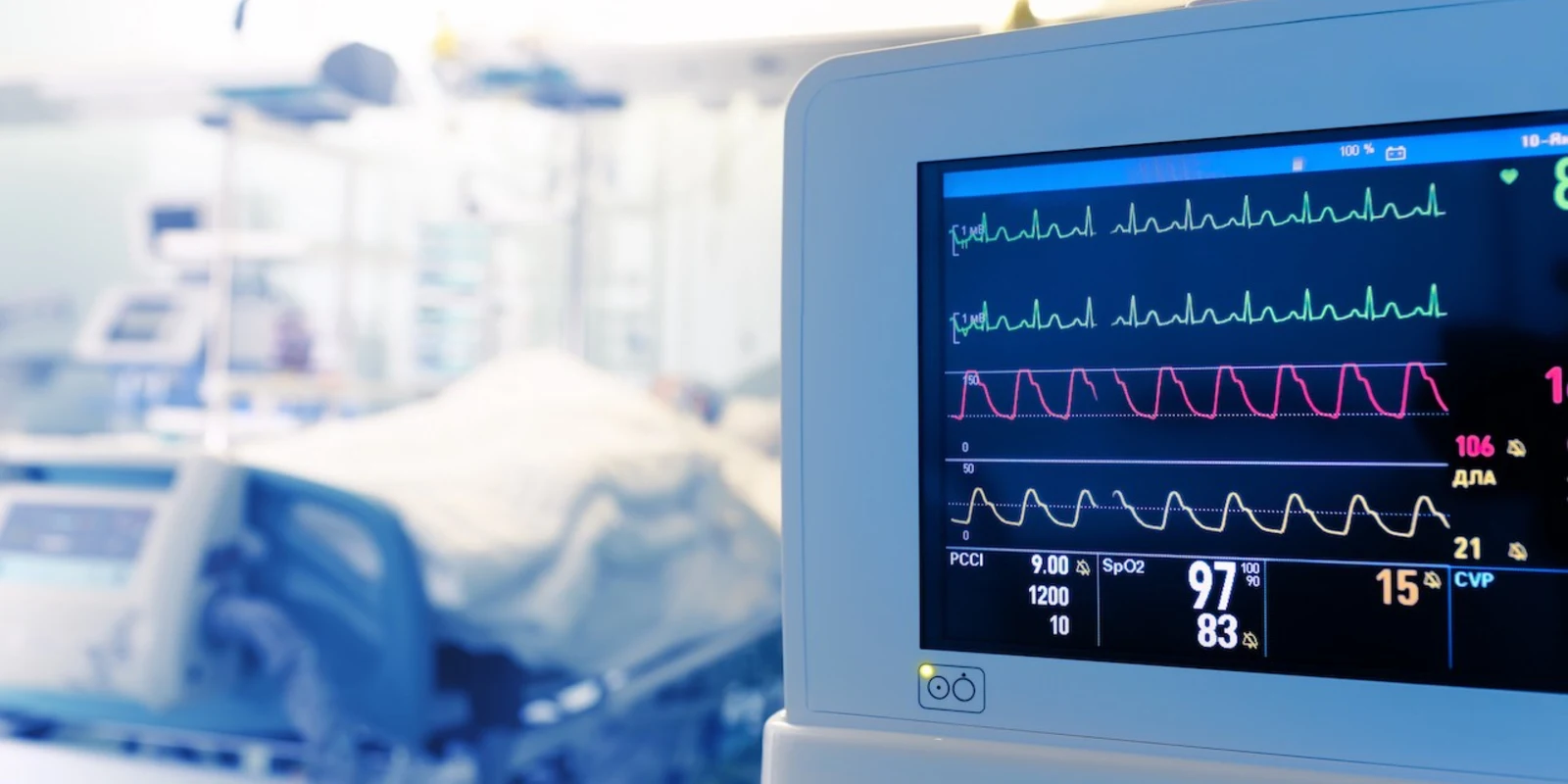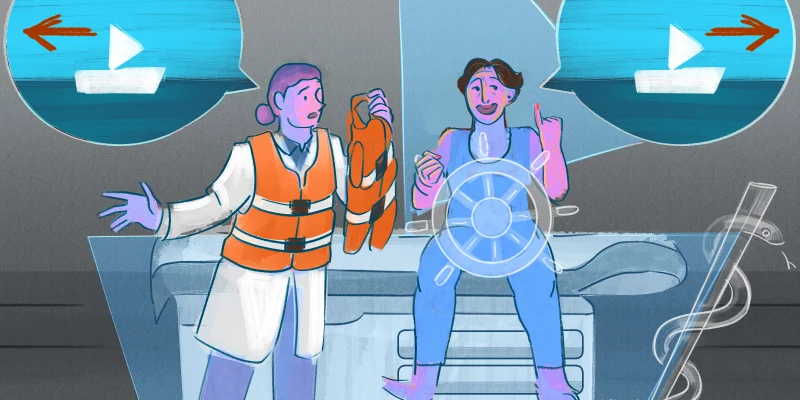
Over my years of practice, I have learned quite a bit, forgotten quite a bit more, and have been astounded by the knowledge I really didn’t know would be discovered or so well-categorized. Academic medicine has greatly expanded our understanding of disease processes, human physiology, how people respond when afflicted by illness, and how some people seem to achieve wellness.
With the advent of online publishing, library databases, dedicated specialty search engines, and advances in library science, I am able to almost instantly learn how to diagnose a disease, consider alternative processes with which my initial understanding could be confused, determine further testing to confirm my suspicions, and determine the best treatment option. This has proven to be a great comfort to me and a great help to my patients.
Nonetheless, I find myself wrestling with the same three questions. These are the questions for which I do not easily find answers to by searching the literature, consulting colleagues, Googling, or reading UpToDate. These are the questions that vex and perturb my mind—the ones that bring me great consternation and disquiet.
1) “Is the patient sick or well?”
When diagnosing a patient—especially one with a curious history, odd physical findings, or perplexing laboratory data—I am sometimes unable to clearly discern if the patient is well or sick.
Is the illness intermittent?
Are the mild symptoms a variation of normal, or an ominous sign of impending doom?
This issue is to be differentiated from the anxiety of indecision or a manifestation of OCD. In medicine, there are times when even seasoned, well-educated physicians are unsure how to answer, at that moment, whether their patient is sick or well. This question—when I am unable to answer it with reasonable certainty—is that which most frequently robs me of restful sleep.
2) “Assuming that the patient is ill, do I treat him at home or in the hospital?”
While not as rife with dread as the first question, I am occasionally unsure of the likelihood of a patient’s improvement as an outpatient. I remain unconvinced that the increased cost or more intensive inpatient therapy is warranted. If one attempts treatment at home and the symptoms worsen, then one can later admit the patient for inpatient treatment. However, it may come with an added cost, more serious illness, and greater time to cure.
To place everyone in the hospital is preposterous. Lately, there seem to be many hospital employees, case managers, helpful government administrators, and insurance representatives who seem to be wrestling with my same problem.
Although we are all perched on the horns of the same dilemma, some of these other agents seem to approach the health and comfort of my patients differently than I do. I appreciate their concern, however, I am not always convinced that they are asking the right question: What’s best for my patient?
3) “Assuming that my patient is ill, and the situation is so serious as to merit inpatient treatment, do I place the patient in an ICU or on a regular medical floor?”
Again, although I am frequently assisted by helpful administrators wishing to guide my decisions, I am remorseful when an event which was potentially preventable or mitigatable in an ICU was not quickly recognized after I placed a patient on a medical floor.
I assume that other physicians are frequently perplexed by these same questions. Researching acuity indicators, designing critical care scoring systems, and developing disease-specific guidelines and treatment algorithms have sought to help us all reach more robust and elegant conclusions. Despite the enormous growth in scientific knowledge, the caring physician is still likely to occasionally be vexed trying to determine if his patient is sick or well.
Dr. Mark Addison is a Med-Peds physician based in Alabama.







